Work on Hudson River rail tunnel project could begin next month
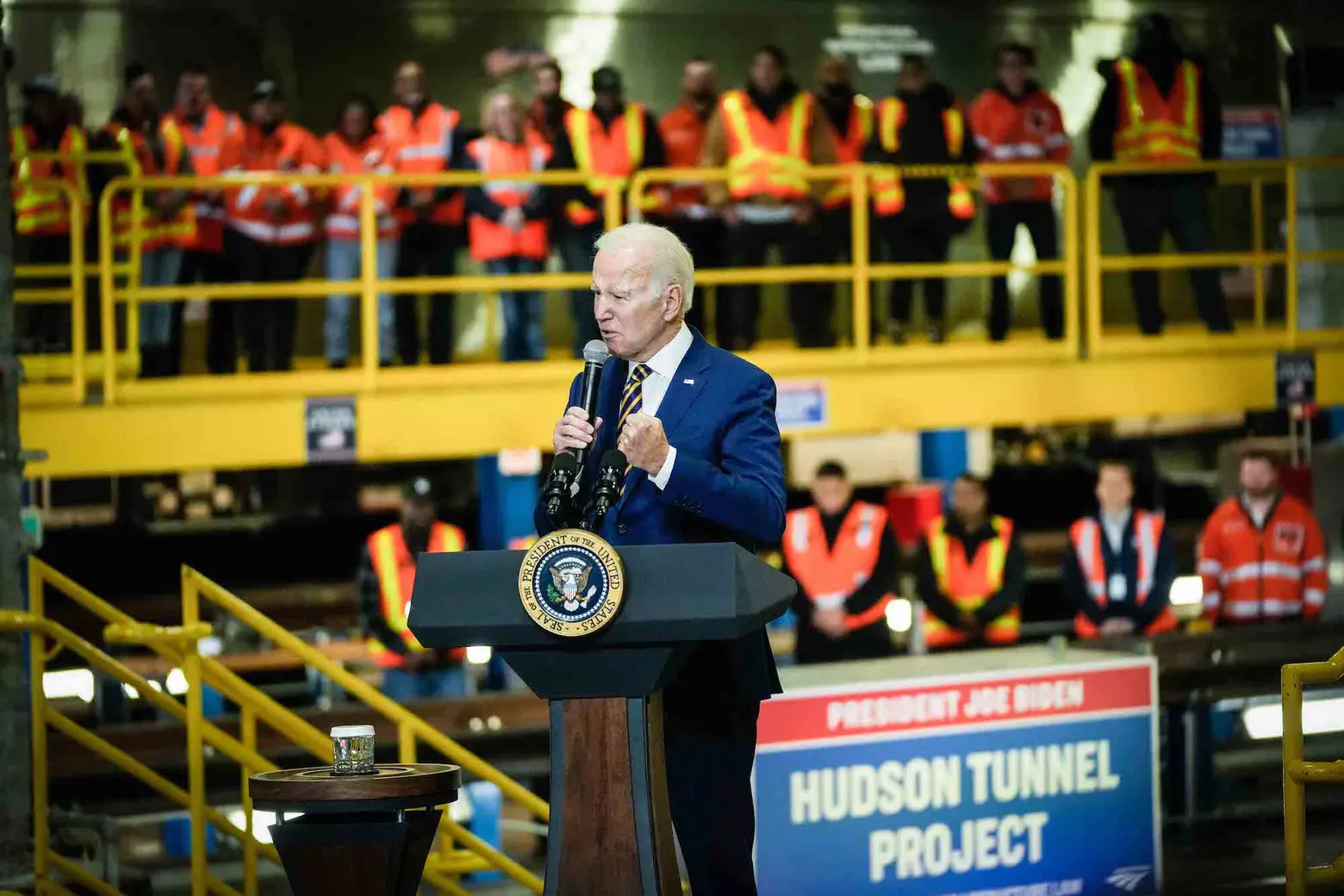
President Biden joined Mayor Eric Adams in January 2023 to discuss the Hudson River Tunnel Project. Photo courtesy of Michael Appleton/Mayoral Photography Office on Flickr
Work is finally moving forward on a project that will replace a dilapidated, century-old rail tunnel connecting New York City and New Jersey. The Gateway Development Commission on Monday awarded the first contracts for construction on the New Jersey side of the $16.1 billion two-track Hudson Tunnel Project (HTP), with the first phase of the transformative plan expected to break ground as soon as October. The tunnel project is the main component of the $30 billion plan, the country’s largest public works project currently underway.
“The Hudson Tunnel Project is moving rapidly to construction,” Alicia Glen, co-chair of the Gateway Development Commission (GDC), said.
“With today’s actions, GDC is making the first major contractual commitments to building the tunnel. Once this work starts, we expect that there will be no stopping the most urgent infrastructure project in the nation.”
Using $25 million in grants from the federal government, the commission approved $47.3 million in contracts that allow Conti Civil, a NJ-based company, to proceed with moving utilities and starting construction on a new roadway bridge on Tonnelle Avenue in North Bergen. The company will raise a portion of the avenue to provide a 19-foot clearance above the train tracks and create a bridge that feeds into the mouth of the new tunnel, according to the New York Times.
After completing the raising of the avenue, the actual excavation of the rail tunnel below the Hudson River is expected to begin in 2025. If all goes according to plan, the new tunnel will open after a decade of work.
“The Gateway Development Commission’s first contract awards mark yet another pivotal milestone for the most important infrastructure project in the country,” Gov. Phil Murphy said.
“These awards signify, unequivocally, that Gateway is continuing to charge full-steam ahead, advancing far further than any of its predecessor projects abandoned by previous administrations. By breaking ground on the crucial Tonnelle Avenue project later this year, we build upon that momentum and the synergies we have forged between our partners in Washington and across the Hudson.”
In 2010, a similar plan was underway to move the same portion of Tonnelle Avenue to provide access to the end of a different tunnel leading to NYC. The plan, known as Access to the Region’s Core (ARC), was canceled by former Gov. Chris Christie, who feared the state would be left to pay the staggering $8.7 billion price tag for the project. Had the state gone forward with construction, the tunnel would be ready for use within the next couple of years, according to the New York Times.
The project will replace two aging tunnels, allowing trains to operate at faster speeds and with fewer delays. The 113-year-old tunnels were damaged in 2012 during Hurricane Sandy, which dumped millions of gallons of salt water into the tunnel. Remnants of seawater continue to corrode the concrete, steel, tracks, and rails of the tunnel’s infrastructure to this day.
The tunnel requires constant maintenance, leading to numerous delays that affect the commutes of hundreds of thousands of riders. Passengers in 2020 experienced 12,653 minutes of delays due to the tunnel’s aging infrastructure, according to a statement from the White House.
If the tunnel were to shut down for just one day, it would cost the nation’s economy roughly $100 billion, according to President Joe Biden. The project is expected to create approximately 72,000 direct and indirect jobs over the course of its construction and will partner with unions for job training.
In July 2022, Gov. Kathy Hochul of NY and Gov. Philip D. Murphy of NJ agreed to split the $14 billion price tag for the local costs of the HTP. The Port Authority of NY and NJ’s total commitment to phase one of the project was $2.7 billion. However, a signed agreement with the federal government is not expected until next year, according to the New York Times.
In February, Biden appeared at Hudson Yards to announce a $292 million investment in the HTP. The funding was put towards a $649 million project to extend the concrete casing of the tunnels between Penn Station and the Hudson River before any work on the tunnels could actually begin.
Construction on the NYC side of the project in Hudson Yards is also expected to begin later this year.
RELATED:
Get Inspired by NYC.
Leave a reply
Your email address will not be published.

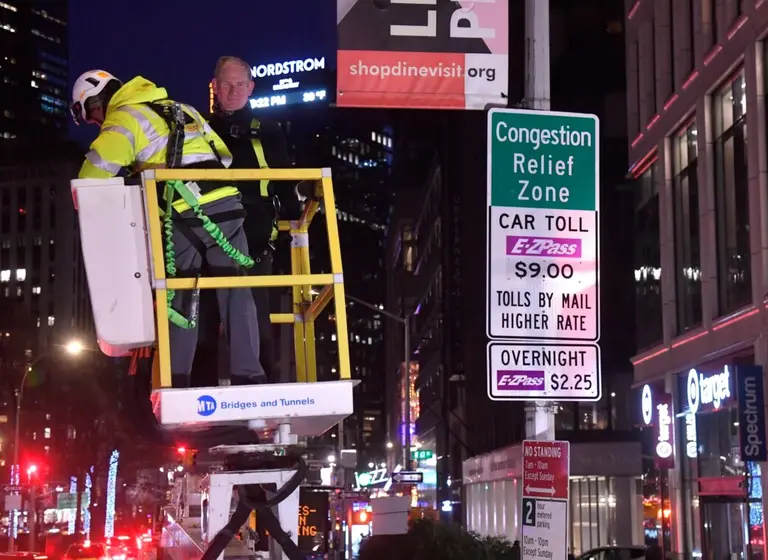









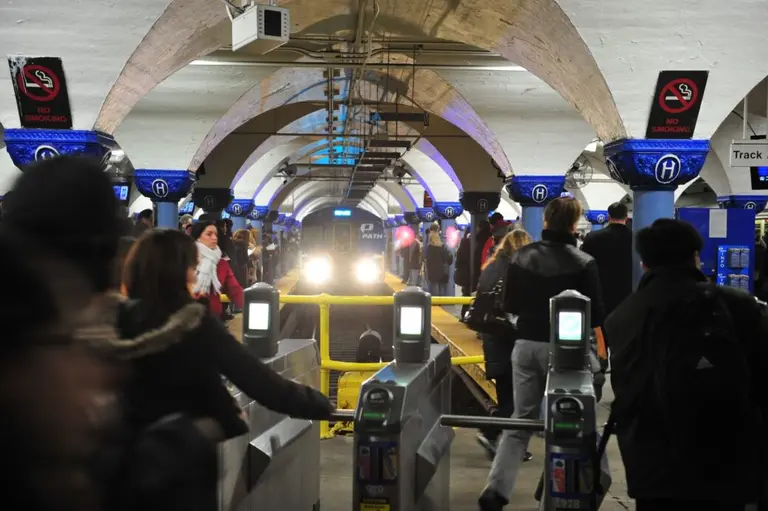
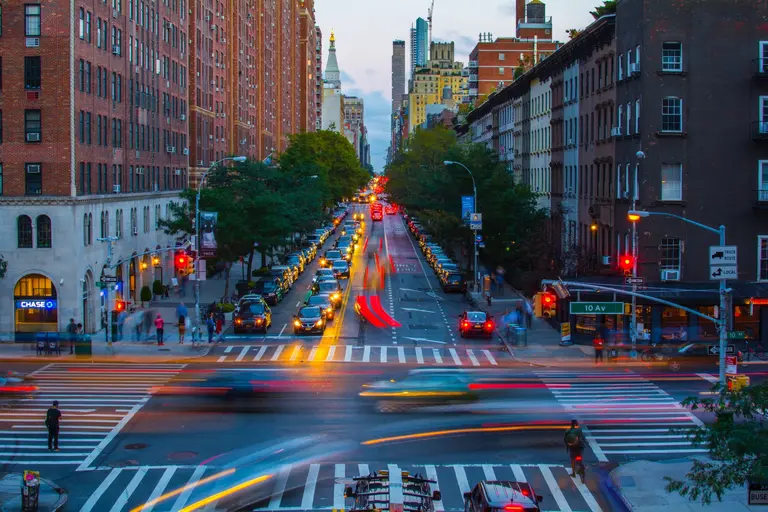
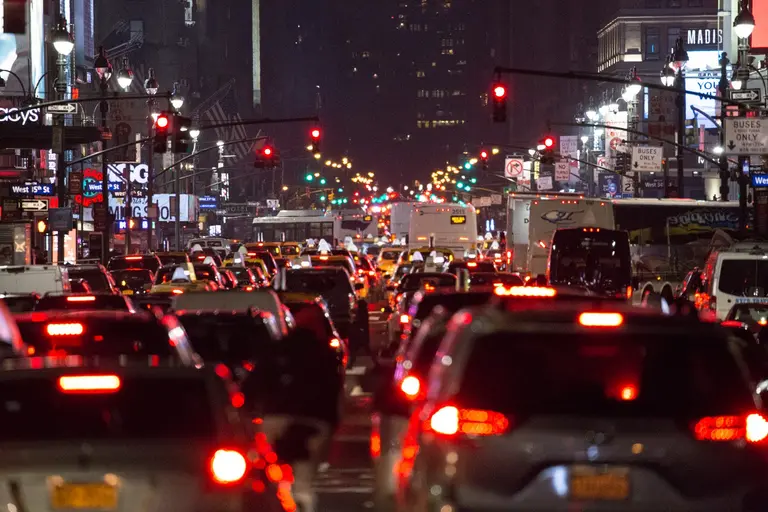

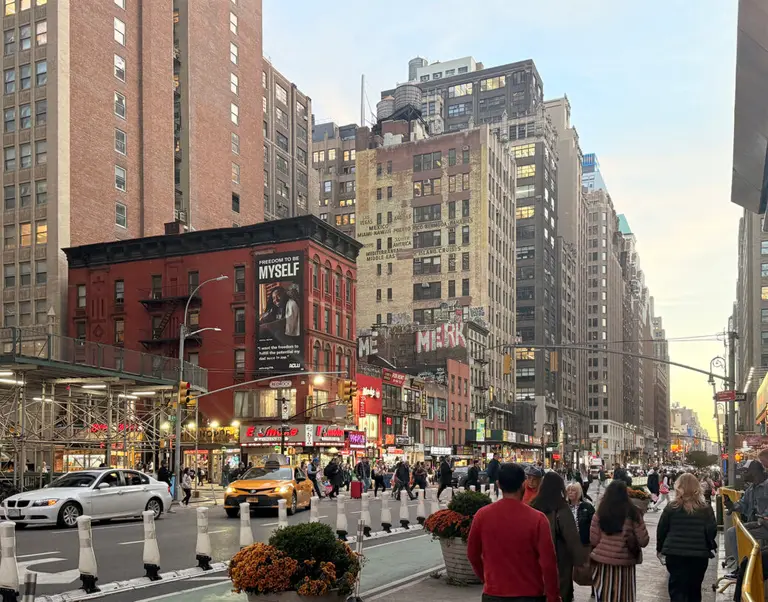
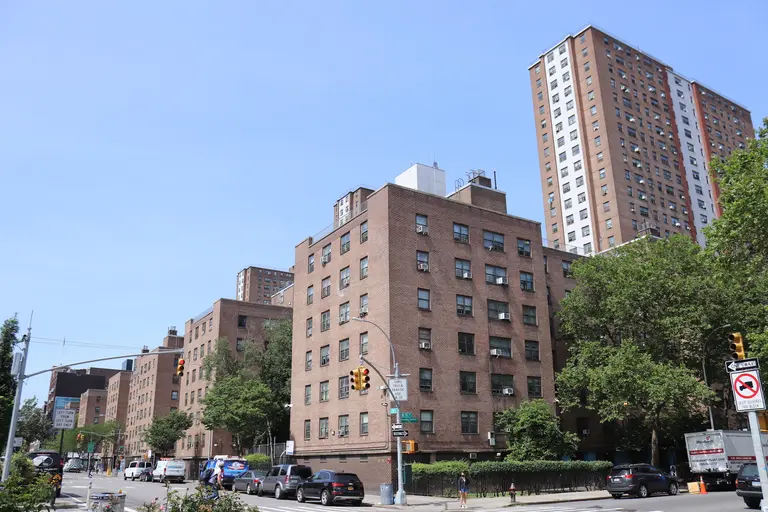
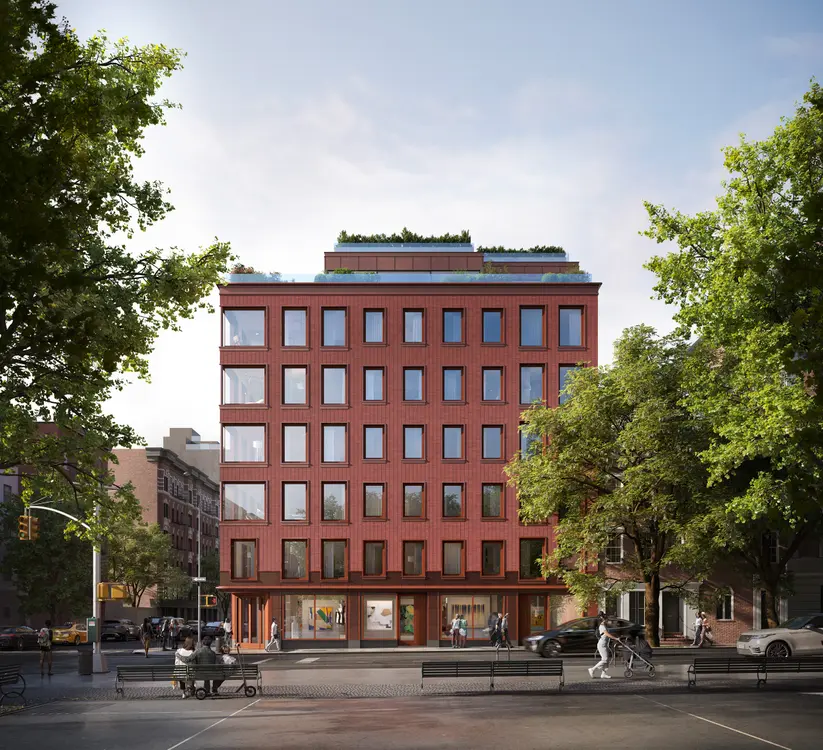









There is more to this story that you missed. In 2015, the estimated cost was $8.7 billion for two new plus rehabilitation of two existing Hudson River tunnels used by Amtrak and New Jersey Transit. Eight years later, it almost doubled in price. A future Federal Transit Administration Capital Investment Grant New Starts Core Capacity Full Funding Grant Agreement to pay for the first phase at a total project cost of $18 billion would be the largest in the history of the program. It is still many months to a year or more away from approval. .
Even the $18 billion cost estimate could change. Cost estimates have to be refined as progress proceeds beyond the planning and environmental phases into final design and engineering. This work has to be reviewed and approved by operations, maintenance, and other user groups within both Amtrak and NJ Transit. History has shown that estimated costs for construction usually trend upwards as projects mature toward 100 percent final design. Progression of final design refines the detailed scope of work necessary to support construction. The anticipated final potential cost will never be known until completion. Costs can be further refined by award of construction contracts, followed by any change orders due to unforeseen site conditions or last minute changes in scope requested by maintenance or operations groups to the base contracts during the course of construction. This will be followed by beneficial use, completion of inspection and acceptance for all work to insure it conforms to contract specifications, punch list items, receipt of asset maintenance plans, followed by release of retain age, and final payment to the contractor(s).
Receipt of the approved Capital Investment Grant (CIG) Full Funding Grant Agreement (FFGA) includes a cap on the total dollar commitment from Washington. The Gateway Development Commission would legally be on the hook to pay for any additional costs above and beyond the agreed upon project cost at the time the CIG FFGA is offered and accepted by the grant recipient.
The GDC having no financial resources of its own, would have to turn to Amtrak, NJ Transit, Port Authority, Trenton and Albany to cover any costs overruns. They, in turn might raise tolls on bridges and tunnels, commuter fares and other taxes to pay for these potential additional costs. Commuters and taxpayers – buyer be ware!
(Larry Penner — transportation advocate, historian and writer who previously served as a former Director for the Federal Transit Administration Region 2 New York Office of Operations and Program Management. This included the development, review, approval and oversight for billions in capital projects and programs for NJ Transit, New York Metropolitan Transportation Authority, NYC Transit bus, subway and Staten Island Railway, Long Island and Metro North Rail Roads, MTA Bus, NYCDOT Staten Island Ferry along with 30 other transit agencies in NY & NJ.)